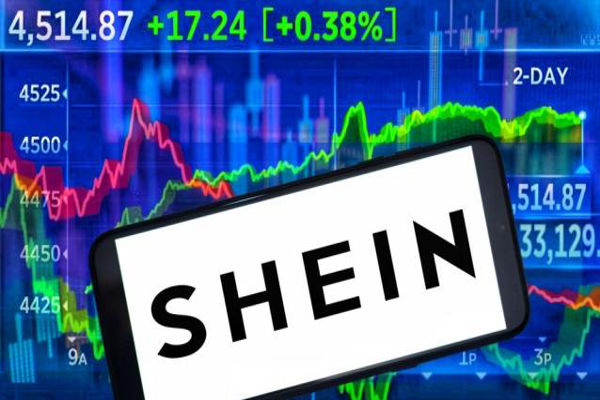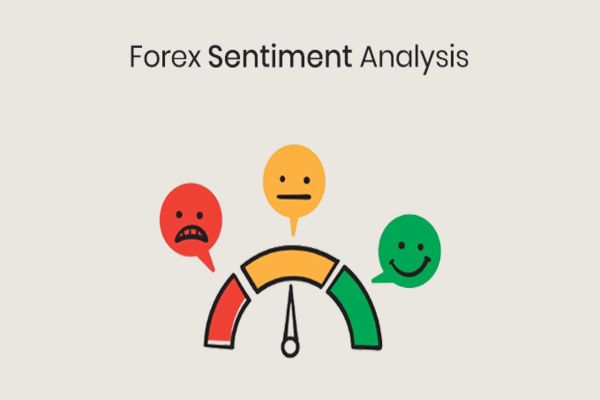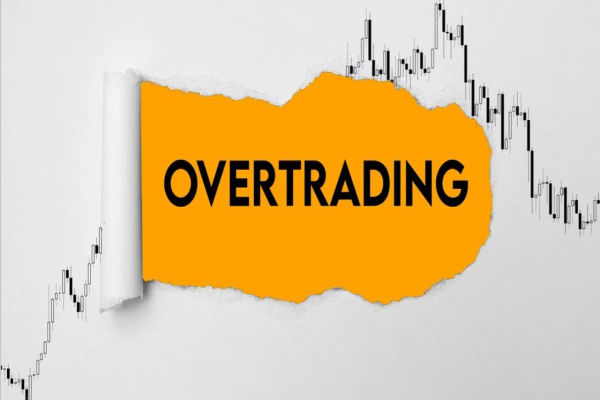When it comes to forex trading, the platform you use is as important as your trading strategy. The forex market is a decentralized global marketplace where currencies are traded, and your trading platform acts as the bridge between you and this vast financial system. With so many platforms available, knowing which one to trust is crucial for safeguarding your investments and optimizing your trading experience.
A forex trading platform enables traders to execute trades, manage their portfolios, and analyze charts in real-time. These platforms are often developed by brokerage firms or financial institutions and offer tools to assist traders in making informed decisions. Common platforms include MetaTrader, TradeView, and EBC Financial Group, which provide user-friendly interfaces and comprehensive analytical tools for traders of all levels.
However, not all platforms are created equal. Here’s how to assess whether your trading platform is reliable and what to watch out for.

Key Factors in Choosing a Reliable Forex Trading Platform
1. Regulatory Compliance: Protecting Your Investments
One of the most critical aspects of a reliable forex trading platform is its regulation. Platforms that are regulated by reputable financial authorities are subject to strict oversight, ensuring they follow ethical practices and protect their clients. For instance, platforms regulated by bodies such as the Financial Conduct Authority (FCA) in the UK, the Commodity Futures Trading Commission (CFTC) in the US, or ASIC in Australia are more likely to adhere to industry standards, including keeping client funds separate from company assets. For example, a well-regulated platform like MetaTrader 4, which is widely supported by brokers globally, provides transparency in trade execution and ensures the security of client funds. Compare this to lesser-known platforms that operate without regulatory oversight, where you might be exposed to unfair trading practices, such as price manipulation or slippage during trade execution.
2. Security Measures: Safeguarding Your Data and Funds
With online trading, the security of your personal data and funds should be a top priority. Reliable trading platforms employ advanced encryption methods (like SSL encryption) and two-factor authentication (2FA) to protect your account from unauthorized access. Additionally, reputable platforms segregate client funds into separate accounts, ensuring that your investments are protected even if the company faces financial difficulties. In 2020, several unregulated brokers were involved in scandals where traders couldn’t withdraw their funds due to the broker’s insolvency. In contrast, regulated brokers using platforms like MetaTrader are required by law to segregate funds, reducing the risk of such occurrences.
3. Transparent Transaction Execution
Another key factor in a reliable platform is transparent trade execution. You want a platform that offers low slippage and guarantees that your trades will be executed at the prices you see on the screen. This is particularly important during periods of high volatility in the forex market. A transparent platform ensures that there are no hidden fees or unusual delays in trade execution, which could significantly affect your trading outcomes. During high-impact events, like the release of Non-Farm Payroll (NFP) data, some unreliable platforms experience high slippage, where the price you expect is not the price at which your trade is executed. Reliable platforms like TradeView or MetaTrader 5 are known for their consistency in providing low-latency execution, even during high-volatility periods.
4. User-Friendly Interface and Tools for Analysis
In addition to security and transparency, a good trading platform offers intuitive tools for analysis. Look for platforms that provide real-time charts, indicators, and customizable trading tools. Whether you're a beginner or a seasoned trader, the platform should offer tools that help you conduct technical and fundamental analysis efficiently. For instance, platforms like EBC Financial Group offer a suite of advanced technical analysis tools, including moving averages, Fibonacci retracement levels, and candlestick patterns, which can help traders make informed decisions. In contrast, unreliable platforms may lack such features, leaving traders with insufficient data to analyze the market effectively.
5. Excellent Customer Support
Good customer support is essential for a seamless trading experience. A reliable platform will offer 24/7 customer service, accessible through various channels, such as phone, email, or live chat. Whether you encounter technical issues or need guidance on a particular feature, a reliable trading platform will provide prompt support to resolve any concerns. MetaTrader and EBC Financial Group platforms both provide extensive customer support, including online resources like FAQs and video tutorials. In contrast, unreliable platforms often offer limited customer service, which can be frustrating when you need immediate assistance with your account or trades.
Red Flags of Unreliable Forex Platforms
Unfortunately, some trading platforms lack transparency or engage in unethical practices. Here are a few red flags to watch out for:
Unregulated Platforms: Avoid platforms that aren't regulated by a well-known financial authority. These platforms may not have the necessary oversight to protect your funds.
Slow Withdrawals or Hidden Fees: Be cautious of platforms that delay withdrawals or charge hidden fees that aren't disclosed upfront.
Fake Reviews and Unrealistic Promises: Watch for platforms with overwhelmingly positive reviews that seem fabricated, or ones that promise guaranteed profits—a sure sign of a scam.
Unregulated platforms often promise high returns with little to no risk, luring traders into fraudulent schemes. In contrast, reliable platforms are transparent about the risks of forex trading and never make such guarantees.
Top Recommended Forex Trading Platforms
If you're unsure which platform to choose, here are a few that have consistently proven their reliability in the market:
MetaTrader 4 (MT4): Known for its robust trading tools, security, and vast broker support, MT4 is one of the most widely used platforms globally.
MetaTrader 5 (MT5): Building on the strengths of MT4, MT5 offers more advanced features, including more charting tools and timeframes.
EBC Financial Group: A trusted platform offering professional-grade tools, advanced charting options, and comprehensive security measures.
These platforms have gained popularity not only for their regulatory compliance but also for their intuitive design and reliability in trade execution.
In conclusion, selecting a reliable forex trading platform requires diligence and research. Always check for regulation, security measures, and transparency in trade execution. Choose platforms with strong reputations and positive user feedback. By trading on a trusted platform, you reduce the risk of fraud and ensure a more secure trading experience.
Remember, the best platforms not only provide the tools you need to succeed but also protect your funds and personal data.
Disclaimer: This material is for general information purposes only and is not intended as (and should not be considered to be) financial, investment, or other advice on which reliance should be placed. No opinion given in the material constitutes a recommendation by EBC or the author that any particular investment, security, transaction, or investment strategy is suitable for any specific person.







